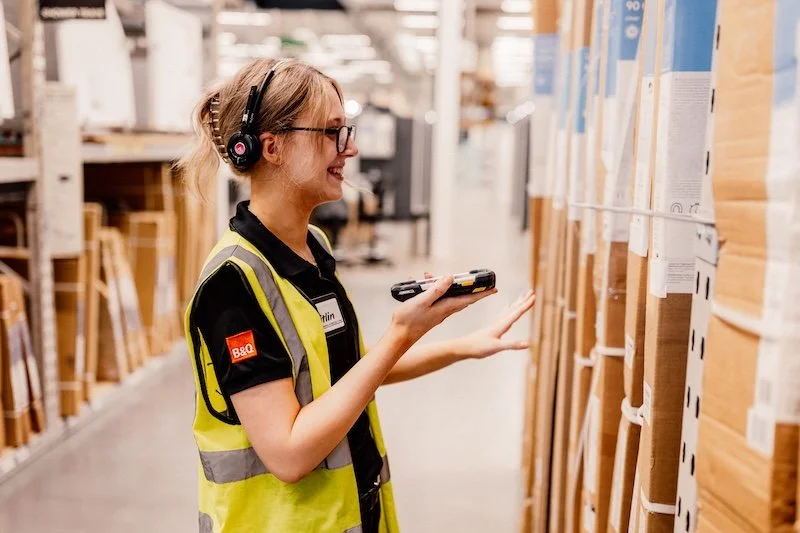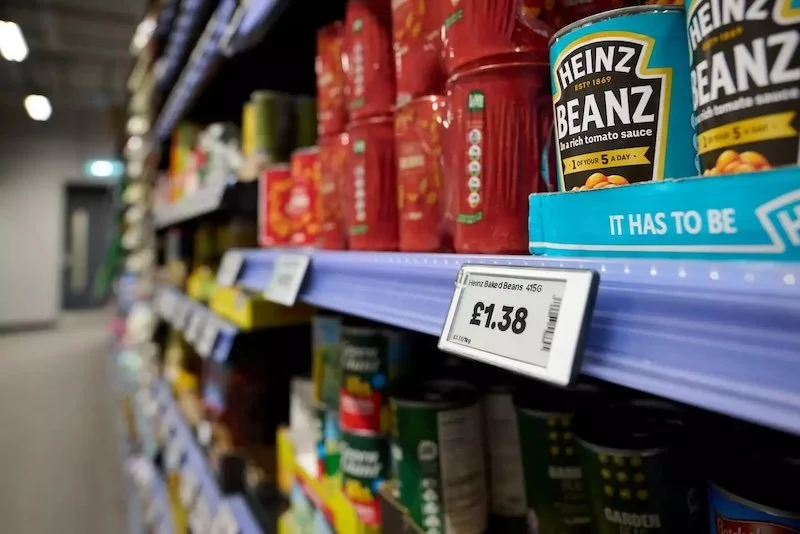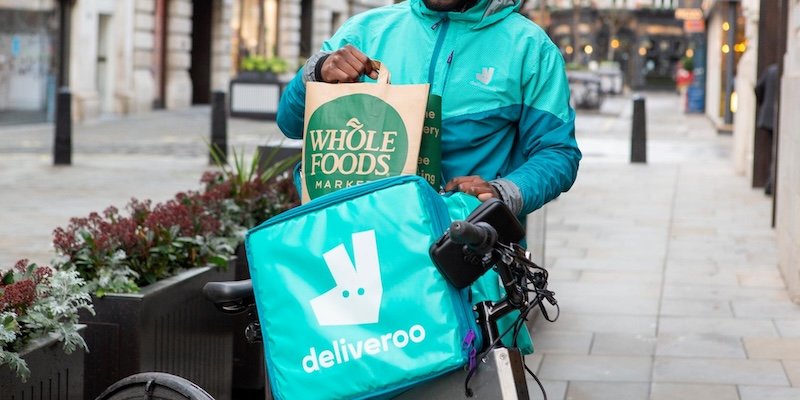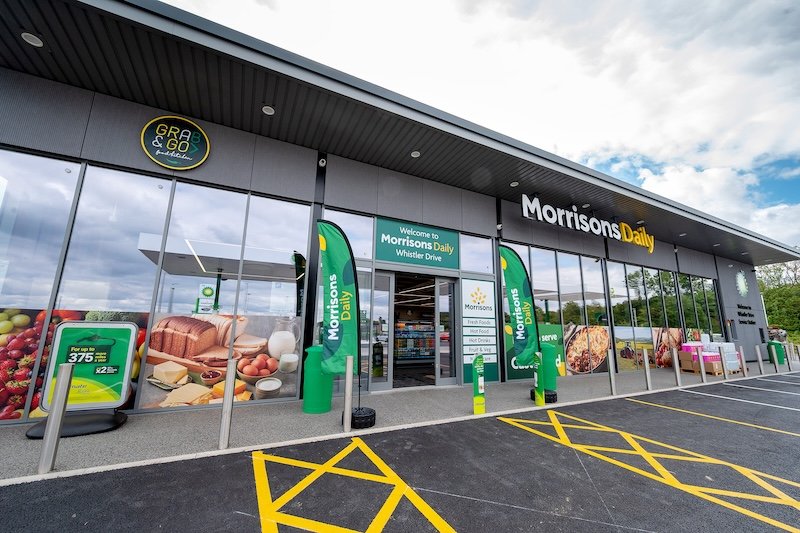Mirakl research flags less loyal shoppers renewing focus on price and convenience
Mirakl, an enterprise marketplace SaaS platform firm, has released its annual report, Consumer Preferences in the Digital First Economy.
This second edition surveyed 9,600 global consumers regarding their preferences and habits when shopping both in-person and online.
86% of Brits say inflation has made them look for better value when shopping. As a result, 64% expect to move more of their spending online in the next 12 months.
New economic pressures are causing brands’ most loyal customers to reconsider their alliances in favour of finding better prices. 43% of survey respondents globally stopped shopping with a specific retailer as a result of rising prices.
17% continue to shop with the brands they trust regardless of price, putting pressure on brands that rely on loyalty from high value customers to take agile approaches to product and pricing strategy in order to ensure growth.
“Consumer expectations are increasing even as the game becomes harder for retailers,” says Adrien Nussenbaum, Co-founder and co-CEO, Mirakl.
“The data clearly shows that shoppers have a renewed focus on price and convenience, and only a small fraction of customers are unconditionally loyal to their favourite brands as prices skyrocket.”
“In this economic environment, consumers are relying more than ever on marketplaces to provide the experience that they expect, intensifying pressure for every retailer to develop a clear marketplace strategy.”
“There is a clear mandate for retailers to offer everything from expanded assortments and more affordable price points to better shipping options – without compromising on a strong brand experience. Business leaders must make shrewd strategic decisions today in order to come out ahead.”
While consumers continue to shop in-store, they are also increasing e-commerce spending due to lower prices and a better customer experience.
64% of UK respondents expect to increase their e-commerce spending over the next 12 months as a result of finding better value online, pushing omnichannel businesses to double down on e-commerce investments to protect the bottom line.
Globally, consumers are also finding e-commerce channels to be more reliable in terms of product availability.
Half of UK consumers agree that the products they need have been out of stock more frequently in stores in the last six months. These short-term out-of-stock challenges are yet another contributor to long-term behavioural shifts in favour of e-commerce.
When a product they normally purchase in store is out of stock, 47% of shoppers try to find it online often or very often. If they find what they’re looking for, 69% shop for it online the next time they need it.
Other key findings of the report include:
51% of global respondents are likely or very likely to do the majority of their shopping online in 2023.
UK consumers conducted 47% of their online shopping through marketplaces, a 10% year-over-year increase from 2021.
77% of consumers globally continue to believe marketplaces are the most convenient way to shop online, a 10% increase year-over-year. Three in five wish more of their favourite retailers had online marketplaces.
Global survey respondents cited loyalty and membership programmes (41%); in-store pop-ups that show marketplace products in person (28%); purchasing integration with the latest social media apps (20%); and a handpicked selection from influencers they follow (19%) as the features they’d most like to see in future online marketplaces.















Continue reading…